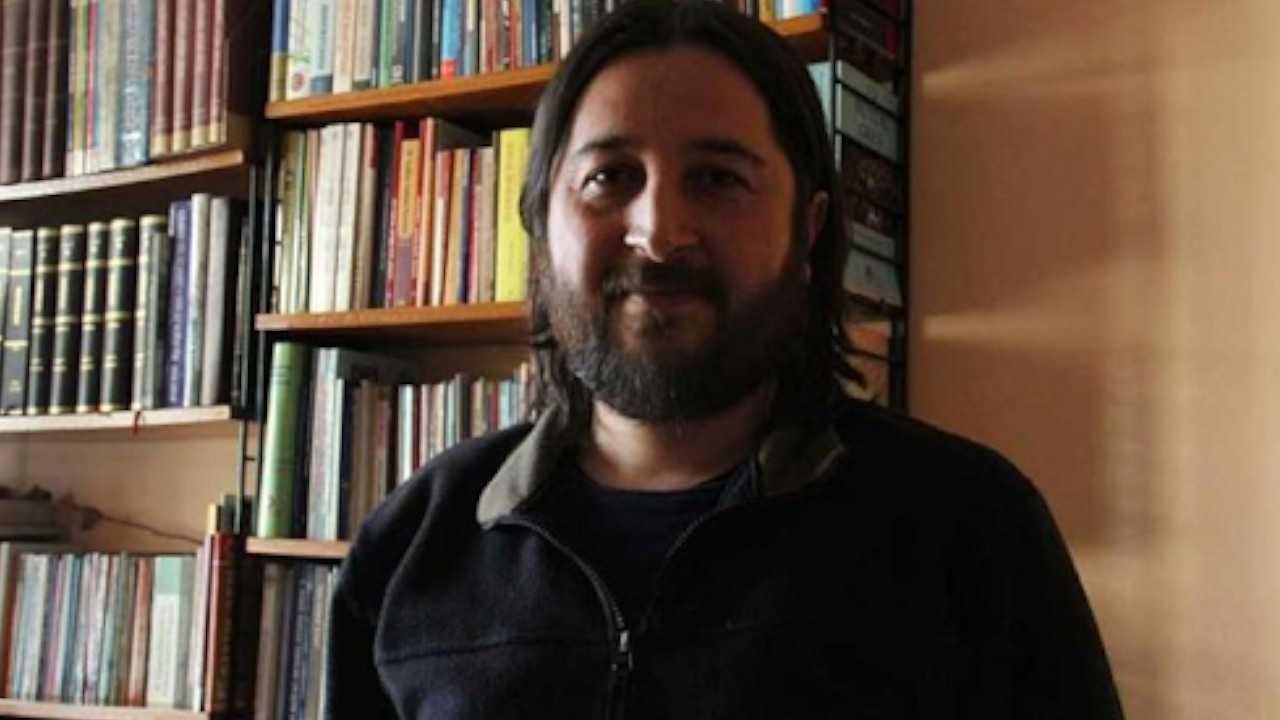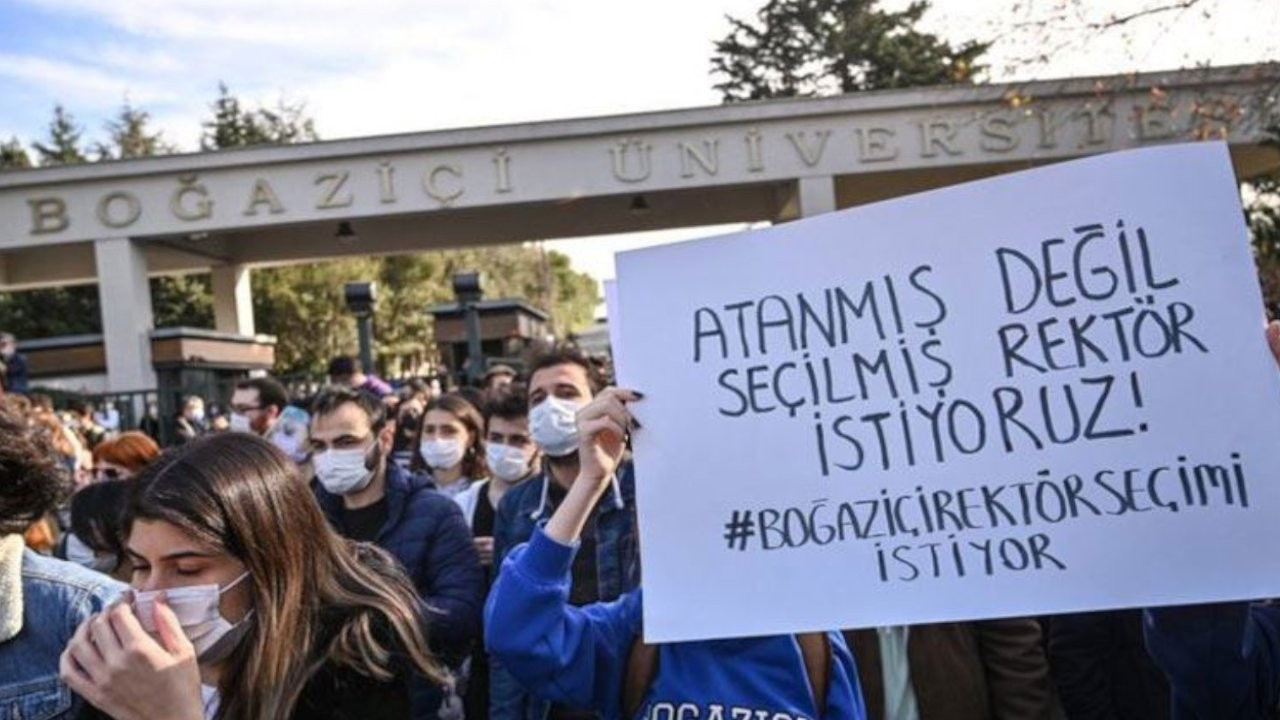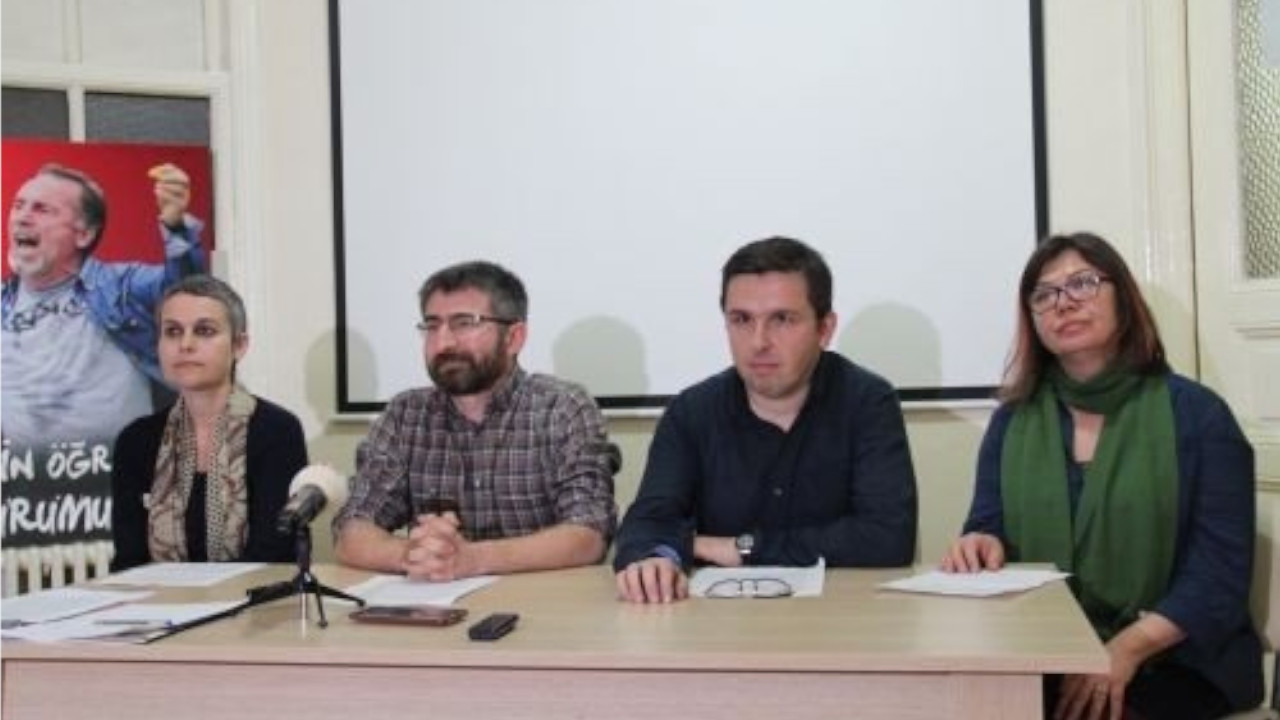Academics for Peace announce lawsuit against state of emergency commission
Despite a Constitutional Court ruling saying that their rights had been violated when they were banned from public service for signing a peace petition in 2016, 406 academics for peace have not been allowed to re-enter their jobs. Now, on the sixth anniversary of the petition, the academics are filing a lawsuit against the government.
Duvar English
Six years after they first filed the “We will not be a party to this crime” petition, the “Academics for Peace,” as they are commonly known, are filing a lawsuit against the Turkish Government’s State of Emergency (OHAL) Commission. They said that despite a Constitutional Court ruling in their favor, the commission has refused to reverse the “civil death” they experienced as a result of the commission, according to reporting by daily Evrensel.
Following the collapse of the Turkish government's peace talks with the Kurdistan Workers’ Party (PKK), which the government considers a terrorist organization, in 2015, the Academics for Peace issued a petition condemning the state violence that ensued. They called for the renewal of peace talks and an end to the war being waged on Turkish citizens - especially civilians.
The petition was signed by both domestic and international academics. After the coup attempt of July 2016, 406 of those who signed the petition were accused of “terrorist propaganda” and affiliation with terrorist organizations and dismissed from their posts by emergency decree. Some were handed criminal charges, and the academics said these steps destroyed nearly every aspect of their lives.
“We objected to the government's reverting to war policies and called for a return to the peace table. With the government strongly rejecting this call; We have been targeted, we have faced detentions, lynchings, threats, arrests, and dismissals,” said Aslı Aydemir, Research Assistant in the Psychology department at Istanbul University, who issued the statement on the sixth year anniversary of the petition.
The academics call this “civil death” by the State of Emergency Commission, which oversaw the dismissals.
“With these ongoing violations, especially unemployment and social security, we were condemned to 'civil death’ by the political power that wanted to establish a one-man regime, just like all the people targeted with the decree-laws,” said Aydemir.
At the announcement of the lawsuit at the offices of the Education and Science Workers' Union in Istanbul, the academics further condemned the OHAL commission’s refusal to return them to their posts.
In July 2019, Turkey’s highest court, the Constitutional Court, found that the rights of the academics had been violated when they were dismissed. Despite this, the OHAL commission has refused all applications made by the academics to reverse their dismissals.
This has left the Academics for Peace no choice but to file lawsuits, they say.
“With its rejections, the Commission ignored the decision of the Constitutional Court and declared that it did not recognize the Constitution. This is a serious legal scandal,” said Ali Ekber Doğan, who took the floor after Aydemir.
They say that these rejections represent another step in a fight for freedom and rights against a government set on quieting dissent and resistance.
“These decisions, which are completely unfair and unlawful, are the result of the struggle against the destruction of democratic solidarity and university autonomy[…] it reminds once again the vital importance of defending academic freedoms,” said Doğan.
The academics say they will keep fighting until their rights, their positions, and the autonomy of universities has been restored.

 Top Turkish court finds violation of rights in passport seizure of peace academicHuman Rights
Top Turkish court finds violation of rights in passport seizure of peace academicHuman Rights Boğaziçi community calls for int'l solidarity in struggle for academic freedomHuman Rights
Boğaziçi community calls for int'l solidarity in struggle for academic freedomHuman Rights Turkish court orders state to pay compensation to 4 jailed peace academicsHuman Rights
Turkish court orders state to pay compensation to 4 jailed peace academicsHuman Rights